The Institute for Public Policy Research (IPPR) has thrown its weight behind the Namibian government’s plan to offer free tertiary education, stating that the country’s economy can support the initiative.
This follows President Netumbo Nandi-Ndaitwah’s announcement during her maiden State of the Nation Address earlier this year, where she promised to make tertiary education entirely free under the Universal Access to Education Policy. The president revealed that starting from the 2026 academic year, students at public universities and vocational training centers will no longer be required to pay registration or tuition fees.
“While tertiary education in Namibia is already significantly subsidised by the government, I am pleased to announce that from the next academic year, commencing 2026, tertiary education will become 100% subsidised,” the president stated.
She explained that the policy would be rolled out gradually, with students and families initially still responsible for accommodation and other related costs.
‘Fees Have Fallen’ Movement Answered
Addressing the public, Nandi-Ndaitwah said, “We have heard your cries, ‘Fees have fallen,’” describing the initiative as a message of empowerment to Namibian youth, encouraging them to seize the opportunity and contribute meaningfully to national development.
IPPR: It’s Financially Doable
In its latest Namibia Quarterly Economic Review, IPPR affirmed that Namibia has sufficient tax revenue to fund free higher education, arguing that public investment in education is one of the best moves the government can make.
“Namibia has a reasonably progressive and efficient tax system,” the report noted, citing the country’s membership in the Southern African Customs Union (SACU) as a financial advantage. The SACU arrangement allows Namibia to receive higher customs revenue than it would collect independently, boosting overall government income.
IPPR research associate Frederico Links added that the government could afford to scrap tuition fees for the University of Namibia (Unam), Namibia University of Science and Technology (NUST), and the Namibia College of Open Learning (NAMCOL), and still save money.
He calculated that the total additional cost of fully subsidising these institutions in 2025/26 would be N$1.13 billion—just 42% of the budget currently allocated to the Namibia Students Financial Assistance Fund (NSFAF).
“These numbers suggest the government could abolish fees… and also do away with NSFAF and the illusion that students will repay loans in the future,” said Links.
Job Prospects Remain Key
Despite the financial viability, IPPR cautioned that the return on investment depends on graduate employment outcomes. The 2023 Labour Force Report showed lower unemployment rates among graduates, but the research institute stressed the need to ensure the education provided leads to employability and higher earnings.
Private Institutions Not Left Behind
Education Minister Sanet Steenkamp assured stakeholders that private tertiary institutions would not be negatively affected by the public education subsidy. She announced that financial provisions and a new funding model are in the works to ensure private colleges and universities also benefit from the reforms.
“We will work in close collaboration with the Ministry of Finance and Social Grants… so that no one is disadvantaged,” Steenkamp said.
She emphasized that consultations with public and private education providers would continue as the policy is implemented, in line with the Swapo Party’s manifesto and vision for inclusive education.





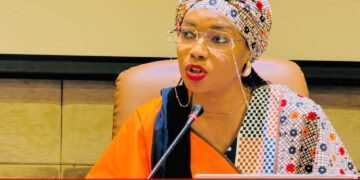
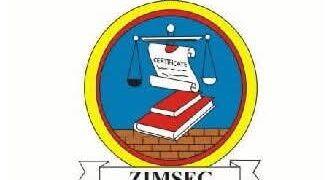
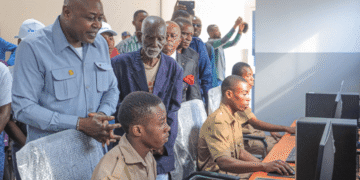



















































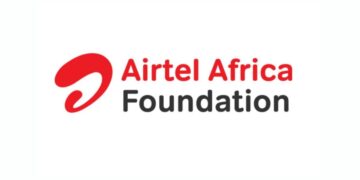



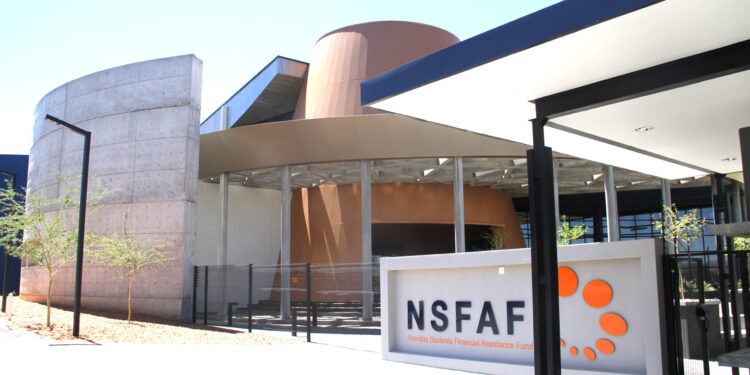




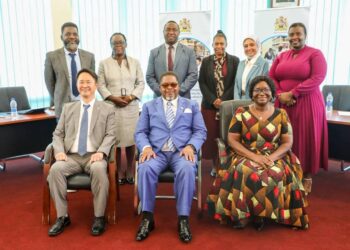
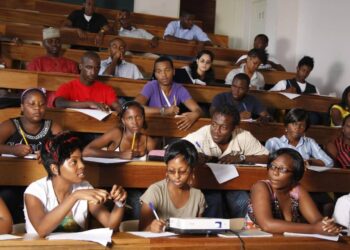

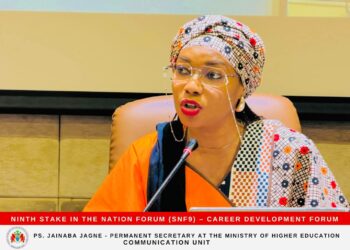
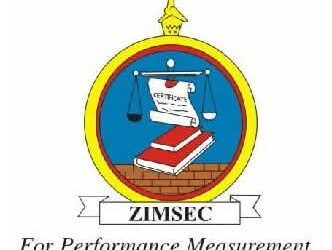
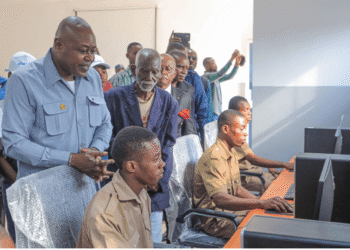










 EduTimes Africa, a product of Education Times Africa, is a magazine publication that aims to lend its support to close the yawning gap in Africa's educational development.
EduTimes Africa, a product of Education Times Africa, is a magazine publication that aims to lend its support to close the yawning gap in Africa's educational development.

